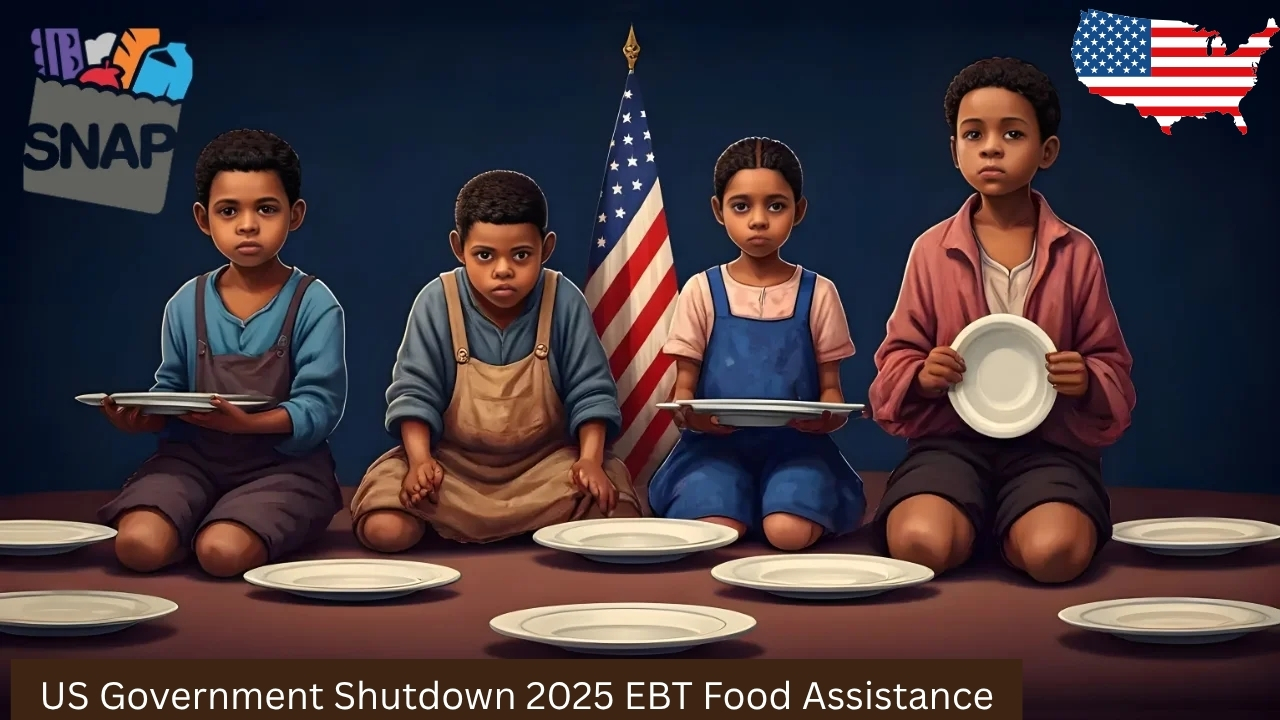Concerns are growing around a potential
U.S. government shutdown in 2025, which could temporarily halt or delay essential social services — including the
Supplemental Nutrition Assistance Program (SNAP) and
Electronic Benefit Transfer (EBT) food assistance. These programs are lifelines for millions of low-income Americans, and any interruption may threaten food access and household stability across the country.
The Impact of a Government Shutdown on SNAP
SNAP benefits are funded annually and therefore are considered “
shuttable” programs. This means that if a shutdown occurs, certain parts of SNAP operations could stop. While mandatory SNAP funds — which guarantee benefits for current recipients — will continue for a limited time,
new applications and administrative processes are likely to be paused.
- Existing SNAP beneficiaries should continue receiving benefits for a short period after the shutdown begins.
- New SNAP applicants may face significant delays in approval and disbursement.
- When mandatory funds are depleted, states may be unable to process new or updated applications.
Federal contingency plans will determine how long mandatory funding lasts, but extended shutdowns could put future SNAP distributions at risk.
EBT Card Accessibility Concerns
In the first few days of a shutdown,
EBT cards should continue to work normally. However, prolonged funding gaps may cause delays in benefit renewals and transaction processing. States might experience interruptions if administrative staff are furloughed or if federal systems are underfunded.
- EBT transactions at grocery stores and retail outlets will generally continue during early shutdown periods.
- Longer shutdowns could cause temporary disruptions in benefit replenishment cycles.
- Retailers may experience intermittent transaction issues if federal payment systems are affected.
State SNAP Funding Alternatives
To reduce harm during funding lapses, most states have contingency plans to
bridge short-term SNAP funding gaps. These include:
- Using state emergency funds to temporarily cover benefits.
- Accelerating cash assistance programs for vulnerable households.
- Activating emergency food relief waivers in coordination with local food banks and charities.
- Advocacy organizations will likely continue pushing for uninterrupted SNAP funding during the crisis.
What SNAP Recipients Should Expect
- Your SNAP benefits will continue initially — keep checking official state communications for updates.
- New applications may face delays until the shutdown is resolved.
- Monitor your EBT card for transaction issues or missed reloads and report any errors immediately.
- If benefits are delayed, reach out to local food banks or community aid programs for assistance.
While every U.S. government shutdown brings uncertainty, states and federal agencies have systems in place to protect the most vulnerable. SNAP and EBT remain top priorities for food security, and beneficiaries should stay informed through official channels to navigate any temporary interruptions in 2025.


